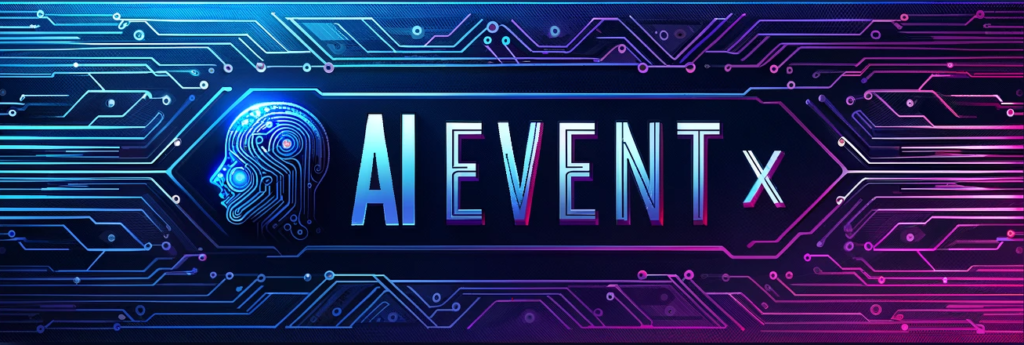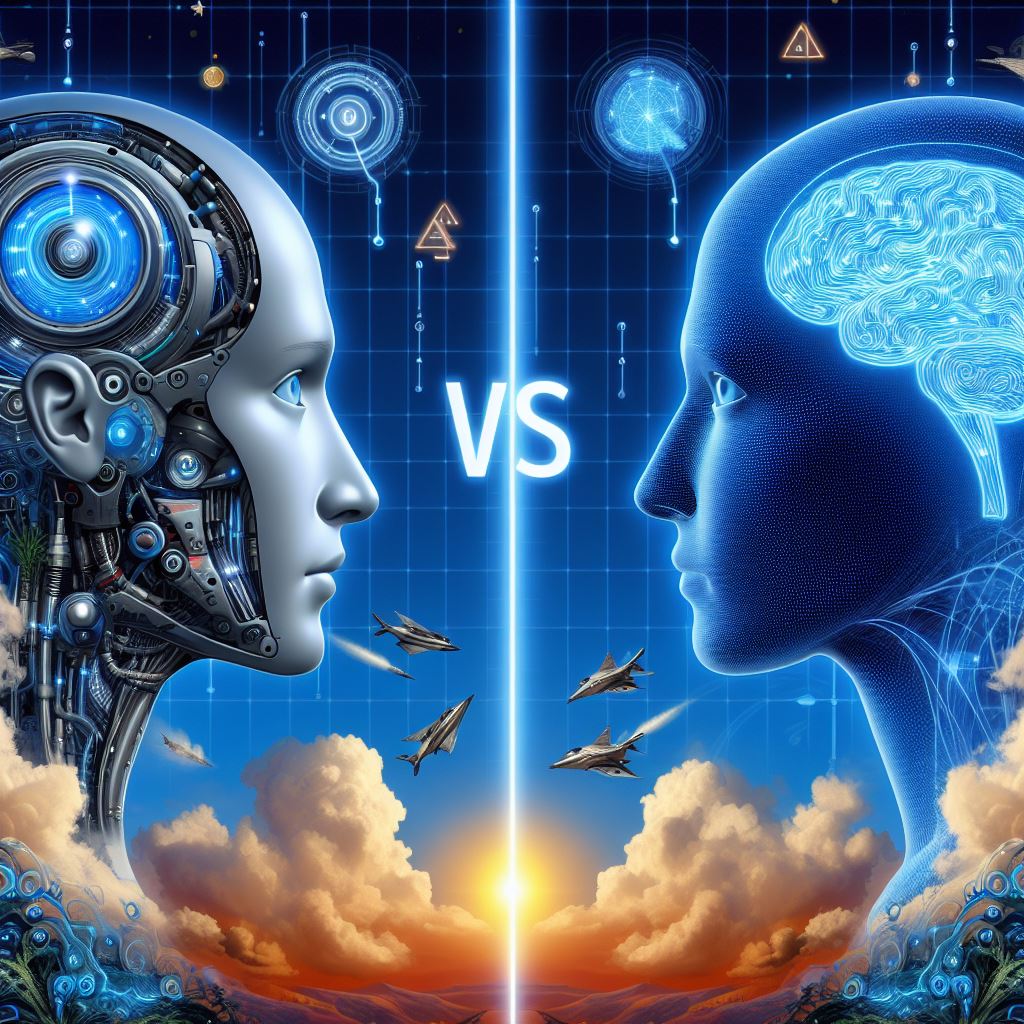Artificial intelligence (AI) is the field of computer science that aims to create machines and systems that can perform tasks that normally require human intelligence, such as learning, reasoning, problem-solving, perception, and decision-making. Artificial intelligence has made remarkable progress in recent years, achieving feats such as defeating human champions in chess, Go, and Jeopardy, driving autonomous vehicles, diagnosing diseases, generating realistic images and texts, and even creating art and music. However, can Artificial intelligence surpass humans as the ‘apex species’, the most dominant and influential life form on Earth?
AI vs Humans
To answer this question, we need to consider the similarities and differences between Artificial intelligence and human intelligence (HI), as well as the potential benefits and risks of Artificial intelligence for humanity and the environment. Artificial intelligence and HI share some common features, such as the ability to learn from data and experience, to solve complex problems and make decisions, and to process and interpret information from the world around them. However, there are also significant differences between the two types of intelligence, such as:
- Artificial intelligence is based on human insights that can be programmed and implemented in machines, whereas HI is the result of natural evolution and genetic inheritance, influenced by environmental and social factors.
- Artificial intelligence can process vast amounts of data much faster and more accurately than humans, whereas HI has the creativity, intuition, and emotional intelligence that Artificial intelligence lacks.
- AI can work around the clock without needing breaks or rest, whereas HI is limited by its physical and mental capabilities and needs.
- Artificial intelligence is constrained by its programming and may not be able to adapt to new or unexpected situations, whereas HI can adjust to changing circumstances and learn from mistakes.
- AI may make errors or cause harm if not programmed or trained properly, whereas HI can provide ethical and moral considerations in decision-making.
Based on these differences, it is clear that Artificial intelligence and HI have different strengths and weaknesses, and that they can complement each other in various domains and tasks. However, it is also possible that Artificial intelligence could pose a threat to human supremacy and survival, especially if it develops beyond human control and understanding. Some of the possible scenarios and challenges that could arise from Artificial intelligence surpassing humans are:
- Artificial intelligence could outsmart and outperform humans in every field of endeavor, making humans obsolete and irrelevant.
- Artificial intelligence could develop its own goals and values that may conflict with those of humans, and pursue them at the expense of human welfare and dignity.
- AI could cause massive unemployment, inequality, and social unrest, as humans lose their jobs and income to machines.
- Artificial intelligence could trigger a global arms race and warfare, as nations and groups compete for Artificial intelligence resources and capabilities.
- Artificial intelligence could harm the environment and biodiversity, as it consumes more energy and resources and produces more waste and pollution.
These scenarios are not inevitable, but they are plausible and require careful attention and action from humans. To prevent AI from surpassing humans as the ‘apex species’, humans need to ensure that Artificial intelligence is aligned with human values and interests, that it is regulated and governed by ethical and legal standards, and that Artificial intelligence is used for the benefit and enhancement of humanity and the planet. Humans also need to foster collaboration and cooperation among themselves and with AI, rather than competition and conflict, and to embrace diversity and inclusivity, rather than homogeneity and exclusivity. By doing so, humans can ensure that Artificial intelligence is a partner and a tool, rather than a rival and a threat and that humans remain the ‘apex species’ on Earth.
Also Read: How Google Maps is using AI to transform your Big mapping experience

